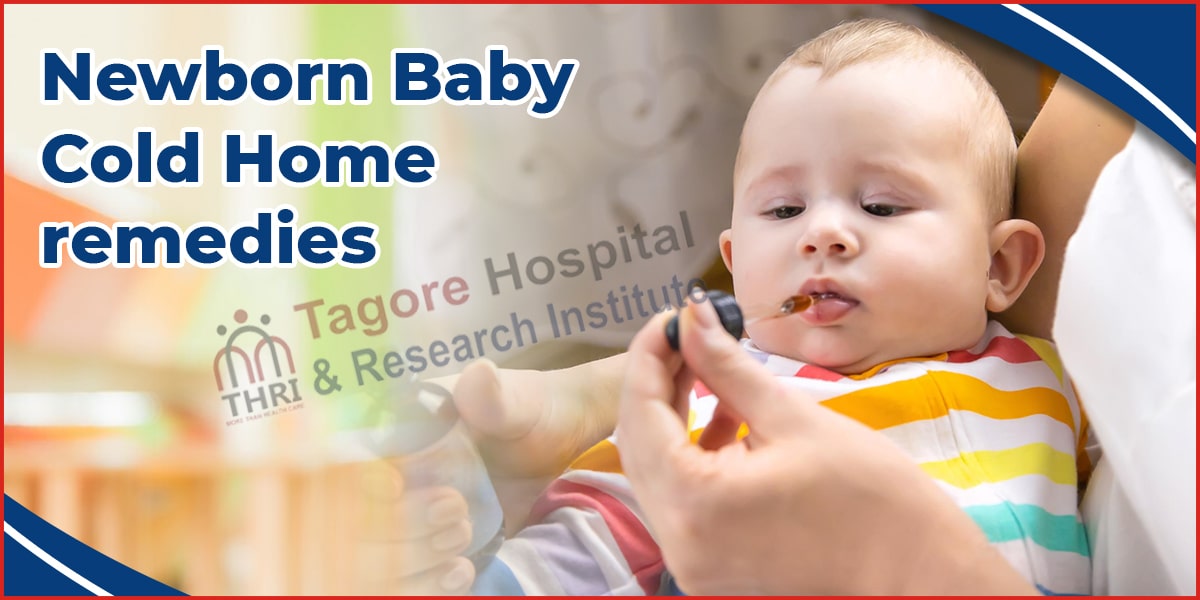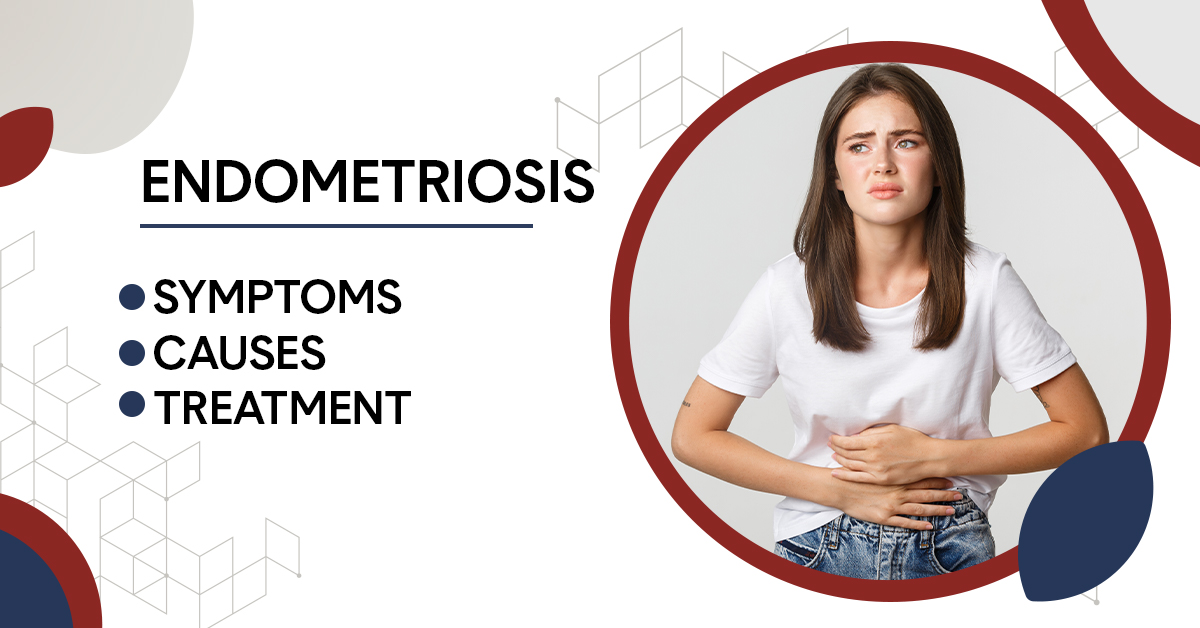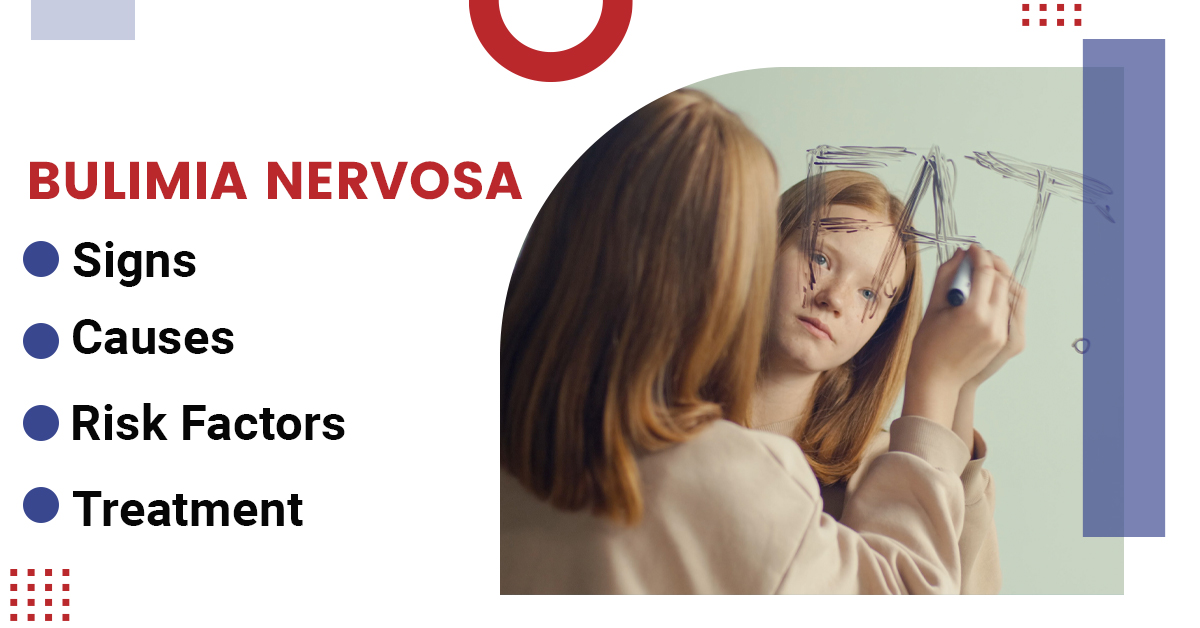- By Tagore Hospital
- Posted May 16, 2025
Introduction
If a baby is freshly born and develops a cold, gentle natural remedies will soothe the symptoms without causing harm or discomfort to the baby. Infants are so frail they cannot take most drugs available over the counter, so parents resort to natural methods that have stood the test of time.
Saline nasal drops and gentle suction with a bulb syringe can go a long way in relieving nasal congestion. Employing a cool-mist humidifier in the room of the baby puts moisture into the air, which in turn makes it easier to breathe and prevents the drying of mucous membranes.
Whenever possible, breastfeed the baby more often to enhance immunity and keep her or him well hydrated. A slight elevation of the baby's head while lying down, by placing a towel underneath the crib mattress (never under the baby), may also alleviate congestion. Warm baths or even sitting in a steamy bathroom can sometimes provide relief by loosening the mucus.
But stay vigilant and seek a pediatrician's advice sooner rather than later if the symptoms persist or get worse.
What Are Newborn Cold Symptoms?
Being newborns with a developing immune system may bring mild symptoms but can be worrying. Typical symptoms include:
- Nasal congestion or a runny nose (clear or slightly colored mucus)
- Sneezing
- Mild cough
- Watering of eyes
- Slight fever-albeit sometimes newborns may not really get a fever
- Loss or reduction of appetite, or difficulty in feeding because of nasal blockage
- Irritability or fussiness
- Trouble in sleeping
Because newborns are prone to complications, it becomes extremely crucial to observe signs that call for emergency attention, such as a high fever (at and above 100.4°F or 38°C), trouble in breathing, refusal to take food, or lethargic behavior.
You can read also:- Corneal Ulcers: Symptoms, Causes, and Treatments
What Causes Cough and Cold in Newborns?
Cough and cold in newborns are generally brought about by viruses. Rhinoviruses mostly bring about those infections-the very viruses which are responsible for the common cold in older children and adults. Newborns being immature in their immune capacity are more prone to the infections. The main causes and aggravating factors include:
- Viral Exposure: Cold viruses are transmitted by droplets airborne when an infected person coughs, sneezes, or talks. Babies get infected by being around a sick person or by touching infected surfaces and then touching their faces.
- Weakened Immune System: Newborns' immune system is still developing, hence making him or her less capable of fighting off infections as compared to an older child or an adult.
- Close Contact: Colds are often transmitted to babies from parents, siblings, or caregivers when they show mild symptoms or become asymptomatic carriers of the viruses.
- Environmental Factors: Besides other things, crowded indoor spaces with dry air (especially in winters), smoke, and pollutants markedly increase the baby's chances of developing a cold.
- Seasonal Changes: Colds become more rampant during autumn and winter when viruses spread with ease and people begin spending more time indoors in close proximity to one another.
The Importance of Hydration During a Cold
The Importance of Hydration During a Cold: Key Points
- Thins Mucus: Helps loosen and clear nasal congestion, making breathing easier.
- Prevents Dehydration: Babies can lose fluids through fever, rapid breathing, or reduced feeding; hydration helps prevent this.
- Supports Immune Function: Fluids help the body fight off viruses more effectively.
- Maintains Energy Levels: Proper hydration ensures the baby stays alert and active, aiding recovery.
- Eases Symptoms: Staying hydrated can soothe a sore throat and reduce coughing discomfort.
- Promotes Regular Feeding: Frequent breastfeeding or bottle-feeding keeps hydration up and provides essential nutrients.
- Prevents Complications: Dehydration can worsen cold symptoms or lead to more serious conditions, so staying hydrated reduces this risk.
- Encourages Faster Recovery: A well-hydrated body is better equipped to recover from illness.
You can read also:- The Stages of Menopause: Age, Signs, Symptoms and Treatment
Newborn Cold Remedies at Home
Newborn Cold Remedies at Home (Safe and Natural Options):
- Saline Drops Into the Nasal Cavity: Gently loosens mucous congestion in the baby's nasal cavity to be suctioned out with a bulb syringe or aspirator.
- Nasal Suctioning (Bulb Syringe or Aspirator): Removes mucous safely from the baby's nose to allow for better breathing and feeding.
- Cool Mist Humidifier: Keeps moisture in the air, alleviating nasal congestion and preventing dry throat and skin.
- Steam Inhalation: The steamy bathroom acts as relief, so set the baby into the bathroom with a hot shower running for 10-15 minutes and slowly ease congestion.
- Elevate Slightly: Raise the head of the crib mattress slightly to drain and help with the breath. Do not place any pillows on the surface under the baby.
- Frequent Breastfeeding or Formula: Keeps the baby hydrated and provides those antibodies to fight the infection.
- Keeping Baby Upright: Withholding the baby upside down tends to ease the breathing and lessen the postnasal drip.
- Avoid Irritants: Shield your baby from smoke,strong perfumes, dust, etc., which may aggravate the symptoms.
- Allow Rest and Comfort: Allow a calm and quiet environment for your baby so he/she gets better faster.
When should call a Doctor?
You must call a pediatrician right away if your newborn has any of the following signs:
Fever:
Rectal temperature of 100.4°F (38°C) or higher in infants younger than 3 months.
- Difficulty Breathing: Rapid breathing, flaring nostrils, grunting, wheezing, or chest retractions (sucking in of the skin around the rib cage).
- Poor Feeding: Refusing to feed or take a bottle, or eating much less than normal.
- Signs of Dehydration: Less than 6 wet diapers per day, dry mouth or lips, sunken soft spot (fontanelle), or no tears on crying.
- Persistent Cough or Wheezing: Particularly if it interferes with sleeping or feeding.
- Unusual Drowsiness or Irritability: Excessive sleepiness, low responsiveness, or unusual fussiness.
- Cold Lasting More Than a Few Days: If symptoms don't get better or get worse after 5–7 days.
- Ear Tugging or Discharge: May signal an ear infection, which occasionally follows a cold.
- Bluish Lips or Skin: A symptom of low oxygen levels, in need of immediate attention.
Conclusion
At Tagore Hospital, Jaipur, we know how frustrating it can be when your newborn develops a cold. Most colds are mild and can be treated with natural home remedies, yet it's always important to watch closely for symptoms and keep your baby comfortable, well-nourished, and well-hydrated.
Home care with gentle care—such as saline drops, humidifiers, and regular feeding—can work wonders in aiding recovery. But never be afraid to get medical attention if the symptoms aggravate or you see warning signs such as fever, difficulty breathing, or poor feeding. The health and safety of your baby are our foremost concerns. For any issues or advice, our pediatric care team is always available.
Tags





